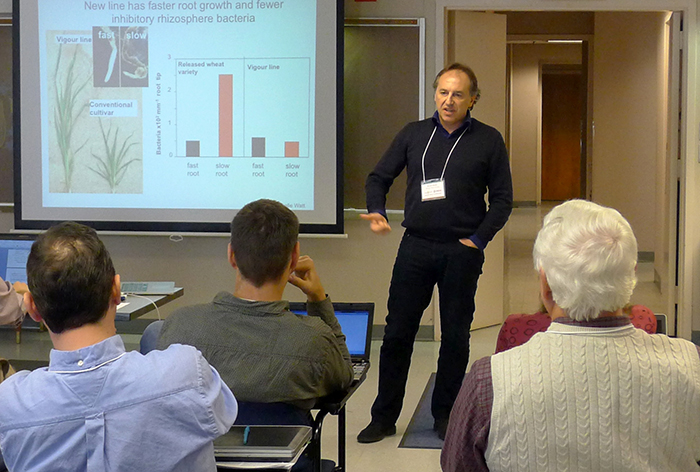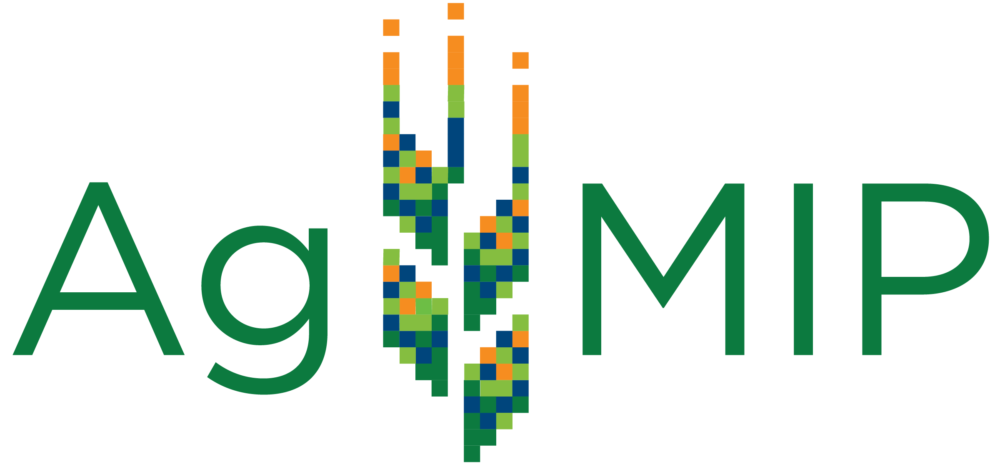Soils Data Workshop Focuses on Assessments in Africa
Jun 13, 2014
Crop models have been extensively tested for yields, but their validation for soil water balance, and carbon and nitrogen cycling in agricultural systems has been limited. In order to improve the use of soil data in assessments of climate change impacts on agriculture, the Agricultural Modeling Intercomparison and Improvement Project (AgMIP) and Columbia University’s Center for Climate Systems Research (CCSR), hosted a joint workshop April 9-11 funded by USAID. The workshop, part of the AgMIP GRIDded crop modeling initiative (AgGRID) brought together leaders from AgMIP soils team and AgGRID along with experts from the Gates-funded African Soil Information Service (AfSIS) project as well as other soil and Africa experts.
This gathering of crop modelers, soil scientists and data/IT specialists discussed innovative soil modeling techniques concentrating on Sub-Saharan Africa, a region of the world that is increasingly vulnerable to issues of food security posed by climate change.

These improved modeling capabilities and analyses will help create more accurate projections for policymakers and stakeholders, and aid in the selection of climate change adaptation strategies.
There were many noteworthy outcomes from this productive workshop including:
- The development of a new version of a soil dataset for Africa (S-world Africa)
- The incorporation of a new soil dataset (AfSIS) into the AgGRID framework
- The development and improvement of a variety of tools, translators and functions to be used by the modeling community
- An agreement on the initial soil conditions to best harmonize for future intercomparisons
- Preliminary intercomparisons between both models and soil datasets in the Sub-Saharan African region
- Initiation of development on new, parallel version of the SALUS crop model (pSALUS)
AgMIP extends a special thanks to USAID for providing funding for this workshop. Overall, due to the highly collaborative and rewarding sessions, the three-day workshop was successful in achieving its goals and leading to significant advancement of the AgGRID initiative.
If you are interested in joining in future modeling efforts by AgGRID, please contact Joshua Elliott. For more information about this workshop, read the full report here.
